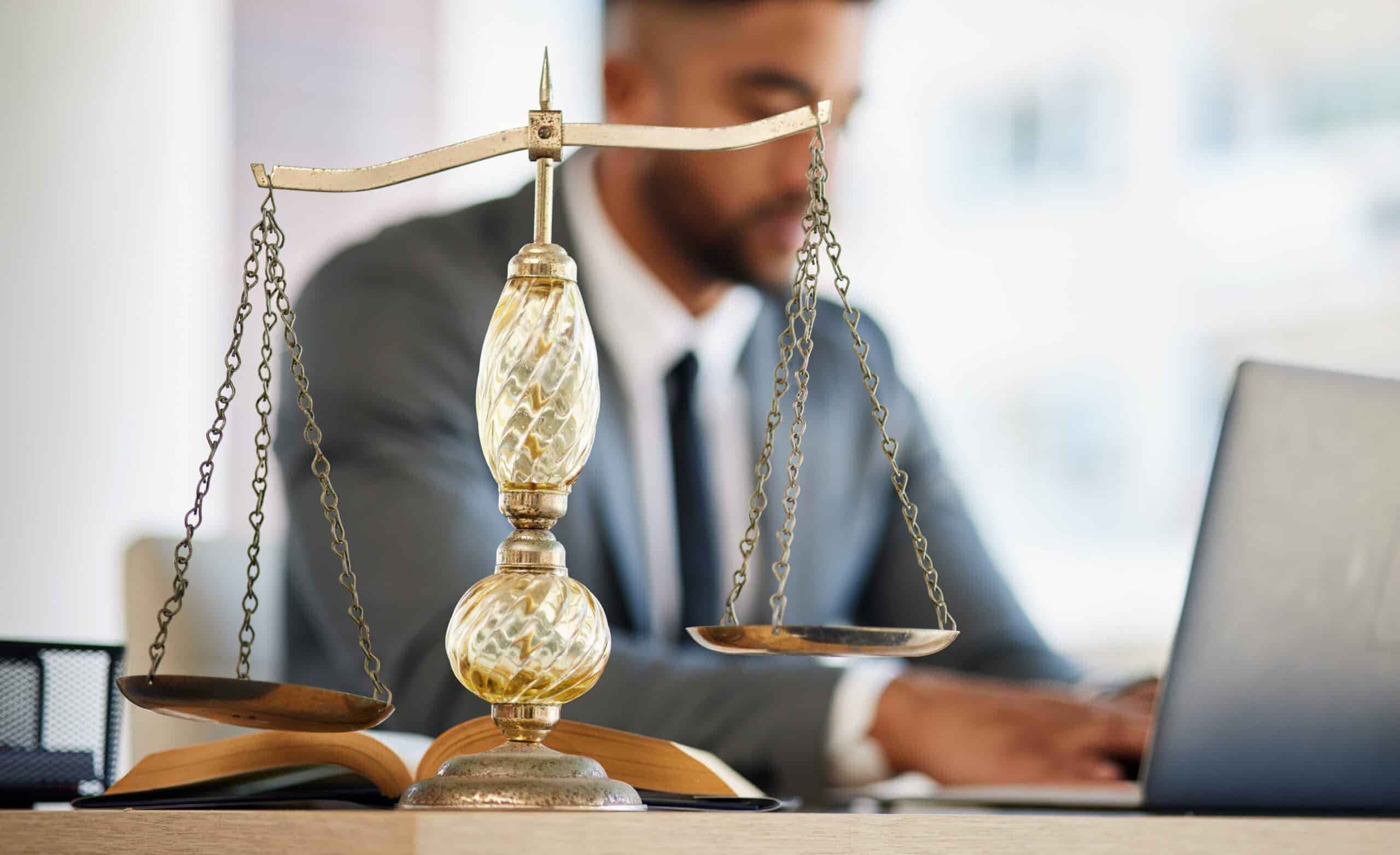Navigating the Labyrinth: Key Responsibilities of an FDA Lawyer in Pharmaceutical Compliance – Guest Post

The pharmaceutical industry operates in a highly regulated environment, with the Food and Drug Administration (FDA) playing a critical role in safeguarding public health by ensuring the safety and efficacy of drugs and medical devices. At the heart of this intricate system stand FDA lawyer, specialized professionals who guide pharmaceutical companies through the complex maze of compliance requirements. Their responsibilities are extensive, demanding a deep understanding of the law, scientific principles, and the nuances of the drug development and approval process.
Guiding the Product Life Cycle: From Lab to Label
An FDA lawyer’s involvement begins right at the conception of a new drug. They help researchers navigate the intricacies of pre-clinical and clinical trial regulations, ensuring informed consent procedures, ethical data collection, and adherence to Good Laboratory Practice (GLP) standards. Throughout the development process, they review protocols, assess potential risks and benefits, and advise on strategies for regulatory approval.
Demystifying the IND/NDA Maze:
Investigational New Drug (IND) and New Drug Application (NDA) submissions are the cornerstones of the approval process. FDA lawyers assist in preparing these documents, ensuring they meet the rigorous scientific and regulatory requirements. They meticulously review data packages, clinical trial results, and manufacturing information, meticulously identifying and addressing potential deficiencies before submission.
Masters of the CGMPS:
Current Good Manufacturing Practices (cGMPs) form the bedrock of drug quality and safety. FDA lawyers provide expert guidance on these regulations, ensuring that pharmaceutical companies have robust quality control systems in place. They review manufacturing processes, audit facilities, and advise on maintaining proper documentation and record-keeping practices.
Guardians of the Labeling Battlefield:
Drug labeling plays a crucial role in safe and effective use. FDA lawyers help companies craft clear, accurate, and balanced labeling that complies with regulations while providing vital information to healthcare professionals and patients. They collaborate with scientists and marketing teams to ensure the label communicates risks and benefits accurately, avoiding misleading or exaggerated claims.
Navigating the Post-Approval Landscape:
The journey doesn’t end with FDA approval. FDA lawyers continue to advise companies on post-marketing surveillance and reporting requirements. They help manage adverse event reporting, address labeling changes, and navigate recalls in case of safety concerns. Additionally, they stay abreast of evolving regulations and guide companies on compliance with new guidelines and standards.
Masters of Negotiation and Litigation:
FDA interactions aren’t always smooth sailing. Disagreements and disputes can arise throughout the regulatory process. FDA lawyers act as skilled negotiators, advocating for their clients while maintaining a constructive and collaborative relationship with the agency. In more complex cases, they may be called upon to represent companies in litigation, defending them against regulatory enforcement actions.
Ethical Champions and Risk Mitigators:
Beyond legal expertise, FDA lawyers are ethical custodians, ensuring companies operate with integrity and transparency. They advise on conflict-of-interest issues, data integrity concerns, and whistleblower complaints. They help develop robust compliance programs and conduct internal investigations to mitigate risks and maintain ethical conduct across the organization.
Beyond the Regulatory Landscape:
An FDA lawyer’s role extends beyond mere compliance. They collaborate with other departments within the company, providing legal counsel on intellectual property matters, contractual agreements, and partnerships. They stay informed about emerging scientific advancements and their regulatory implications, advising on future development strategies and adapting to an ever-changing landscape.
Building Relationships and Bridges:
Effective communication is vital in the pharmaceutical industry. FDA lawyers act as bridges, communicating complex legal and scientific concepts to diverse stakeholders. They liaise with regulatory agencies, scientific teams, executive leadership, and external partners, ensuring everyone is aligned and informed throughout the regulatory process.
A Lifelong Commitment to Learning:
The regulatory landscape is dynamic, constantly evolving with new scientific discoveries and evolving legal interpretations. FDA lawyers are lifelong learners, dedicating themselves to staying ahead of the curve. They attend conferences, workshops, and training programs to remain current on the latest regulations, scientific advancements, and legal precedent.
In Conclusion:
FDA lawyers are more than just legal advisors; they are guardians of public health, safety, and ethical conduct within the pharmaceutical industry. Their expertise navigates the intricate labyrinth of regulations, ensuring the safe and effective development, marketing, and post-market surveillance of drugs and medical devices. Their dedication to compliance, integrity, and continual learning plays a crucial role in safeguarding patients and fostering trust in the pharmaceutical industry.

























Recent Comments